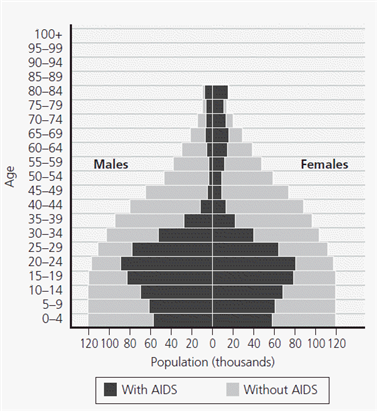Is there data to suggest there was more accretion in the distant past (4 billion years ago) or the more recent past (50 million years ago)? Explain
What will be an ideal response?
Answer: There was more accretion in the past because there was more radioactive decay in the past. When the Earth was younger, there were more unstable radioactive isotopes that were going through the decay process. The radioactive decay would provide the heat necessary for convection. So, with more isotopes and more decay, more heat would be produced. More heat produced means more convection, which means faster plate motion.
You might also like to view...
Critical Thinking
What will be an ideal response?
What are the three types of unconformities, and what is each missing? What will be an ideal response?
Which base is an important starting material in the manufacture of fertilizers?
A) LiOH B) Mg(OH)2 C) NaOH D) NH3
Compare and contrast the different ways of measuring the intensity and/or magnitude of earthquakes? Which do you think is best, and why?
What will be an ideal response?